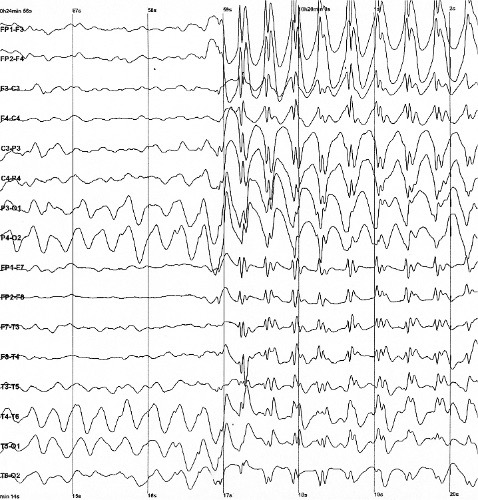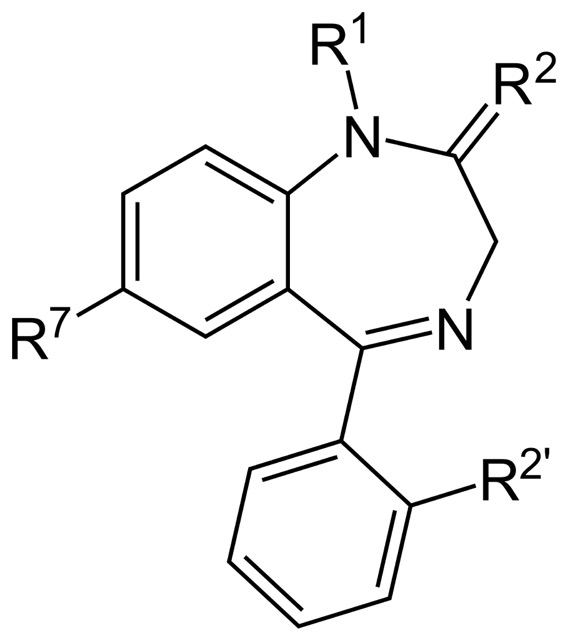Sleep science has the potential to revolutionize performance enhancement.
The Promise of Sleep Science for Performance Enhancement
Sleep science has the potential to revolutionize performance enhancement. By understanding how sleep affects our cognitive and physical abilities, we can develop strategies to optimize our performance in any given task.
For example, athletes may be able to use sleep tracking technology to monitor their rest patterns and adjust their training schedules accordingly. Similarly, students could use data to plan study sessions around times of peak alertness.
In addition, research into the effects of napping on learning and memory formation could lead to new methods for improving academic performance.
Naps have been shown to improve focus and concentration while also helping us retain information more effectively than if we had stayed awake all day long.
With further research into the benefits of napping, individuals may soon be able to maximize their productivity by taking short breaks throughout the day instead of relying solely on a full night’s sleep each night.


The Impact of Sleep Research on Public Health
Sleep research has the potential to revolutionize public health. By understanding how sleep affects our physical and mental wellbeing, we can develop strategies to improve overall quality of life.
For example, studies have shown that getting enough sleep can reduce the risk of developing chronic diseases such as diabetes and heart disease.
Additionally, research into the effects of napping on cognitive performance could lead to new methods for improving academic achievement in children or adults.
Furthermore, by studying how different types of light exposure affect our circadian rhythms, scientists may be able to create lighting systems that help us stay alert during the day and promote better sleep at night.
This could have a significant impact on reducing fatigue-related accidents in workplaces or on roads due to lack of restful sleep.
The Use of Wearable Technology in Sleep Research
The use of wearable technology in sleep research is becoming increasingly popular.
Wearable devices such as fitness trackers, smartwatches, and even specialized headbands are now being used to monitor a person’s sleeping patterns and habits.
This data can then be analyzed to gain insights into how different factors such as lifestyle choices or environmental conditions affect our sleep.
For example, by tracking the amount of light exposure during the day, researchers may be able to determine which types of lighting are most conducive for promoting better sleep at night.
Other data can be used to give us feedback on when we’re best suited for physical activity by monitoring one’s heart rate throughout the day. Such feedback can be useful for athletes or workers.
With further advances in this field, we may soon see more personalized approaches to optimizing our daily routines based on real-time physiological feedback from wearables.
The Potential of Brain Imaging in Understanding Sleep
Brain imaging technologies, like fMRI and EEG, are providing researchers with a closer look at the brain’s activity during sleep.
Studies have shown that certain parts of the brain become more active during REM sleep, as seen in fMRI scans. EEG can also be used to measure electrical signals from the neurons to detect patterns associated with sleep disorders like insomnia and narcolepsy.
These techniques have not only helped researchers understand existing conditions but can also lead to the development of new treatments for sleep improvement.
For example, neurofeedback therapy uses real-time feedback from EEG readings to teach individuals to control their own brain waves and achieve deeper relaxation during sleep.
Similarly, tDCS uses low-level electrical currents on the scalp to modulate neuronal activity and improve alertness during wakefulness.
With the continuous advancements in technology, we may soon see even more innovative ways of using brain imaging data to improve our sleep habits.
The Role of Artificial Intelligence in Sleep Research and Treatment
The use of artificial intelligence (AI) in sleep research and treatment is rapidly gaining traction.
AI algorithms can be used to analyze large datasets, such as EEG readings or sleep diaries, to identify patterns associated with different sleep disorders.
This data-driven approach could help clinicians better understand the underlying causes of these conditions and develop more effective treatments.
For example, AI models can be used to predict which patients are at risk for developing insomnia based on their lifestyle and medical history, or tailor therapies specifically for an individual’s needs.
For instance, machine learning algorithms can be trained on a patient’s EEG recordings over time in order to detect changes in brain activity that may indicate an impending episode of insomnia or other disorders.
By recognizing these patterns early on, doctors can intervene before symptoms become severe enough to disrupt daily life activities.


New Insights into Sleep and the Microbiome
Recent research has revealed a connection between sleep and the microbiome, the collection of bacteria that live in our gut.
Studies have shown that disruptions to the microbiome can lead to changes in sleep patterns, such as increased wakefulness during the night. This suggests that maintaining a healthy balance of microbes is essential for good quality sleep.
In addition, studies have found correlations between certain types of bacteria and specific disorders such as insomnia or sleep apnea.
For example, one study showed an association between low levels of Bifidobacterium longum and difficulty falling asleep. By understanding how bacterial populations affect our sleep, we may be able to develop new treatments for each individual’s needs.
With further research into this field, we could gain valuable insights into how best to support healthy brain function through diet and lifestyle modifications aimed at optimizing microbial diversity within our bodies.
The Link Between Sleep and Nutrition: The Future of Sleep Supplements
The link between sleep and nutrition is becoming increasingly clear, with research showing that certain dietary components can have a significant impact on our sleeping habits.
For example, studies have found that magnesium supplementation can reduce the time it takes to fall asleep and improve overall sleep quality. Additionally, omega-3 acids are known to help regulate circadian rhythms and promote restful sleep.
In the future, AI algorithms could be used to analyze data from wearable devices or brain imaging technologies in order to identify patterns associated with deficiencies in nutrients needed for healthy sleeping habits.
This information could then be used to create customized supplement regimens designed to optimize an individual’s sleeping patterns based on their unique physiology and lifestyle factors.
With further advances in technology, this type of personalized approach could revolutionize how we think about treating insomnia and other sleep disorders.


The Use of Pharmacological Interventions in Sleep Disorders
Pharmacological interventions are becoming increasingly popular in the treatment of sleep disorders.
Drugs such as benzodiazepines, non-benzodiazepine hypnotics, and melatonin receptor agonists can be used to reduce insomnia symptoms and improve sleep quality.
However, these medications should only be taken under the supervision of a doctor due to potential side effects.
In addition to traditional pharmacological treatments, researchers are exploring new ways to use existing drugs for treating sleep disorders.
For example, some studies have found that low doses of antipsychotic medications can help reduce REM behavior disorder (RBD) symptoms without causing significant sedation or cognitive impairment.
Other research has suggested that certain antidepressants may be effective in treating chronic insomnia by targeting specific neurotransmitters involved in regulating our circadian rhythms and promoting restful sleep.
As more is learned about how different drugs interact with our bodies’ natural processes related to sleeping habits, we may see an increase in personalized pharmacological treatments.


The Potential of Cognitive Behavioral Therapy for Insomnia
Cognitive behavioral therapy (CBT) is a type of psychotherapy that has been used to treat insomnia for decades.
CBT helps individuals identify and modify their thoughts, and behaviors related to rest in order to improve their sleep quality. Recent studies have shown that CBT may be more effective than medications at treating chronic insomnia over the long-term.
For example, one study found that after six months of treatment, those who received CBT had significantly better sleep outcomes compared to those who took sleeping pills.
Additionally, research suggests that cognitive behavioral interventions are associated with improved daytime functioning and reduced risk of relapse when compared to pharmacological treatments alone.
These findings suggest that cognitive behavioral therapies could play an important role in helping people manage their sleep problems without relying on medications or other potentially harmful substances.
The Future of Sleep Medicine: Emerging Trends and Challenges
The future of sleep medicine is rapidly evolving, with new technologies and treatments emerging to help individuals achieve better quality rest.
Wearable devices and neurofeedback therapies are becoming increasingly popular. All to measure more data points around sleep to provide feedback on how to improve it.
At the same time, there are still many challenges that need to be addressed in order for these technologies to become widely available.
For example, cost can be a major barrier for those seeking treatment or access to specialized equipment. Additionally, there is a lack of evidence-based research into the long-term effects of certain treatments or medications on sleep health outcomes.
As we continue our journey towards understanding the science of sleep better, further research will be needed in order to ensure that everyone has access to safe and effective solutions for their sleeping problems.







